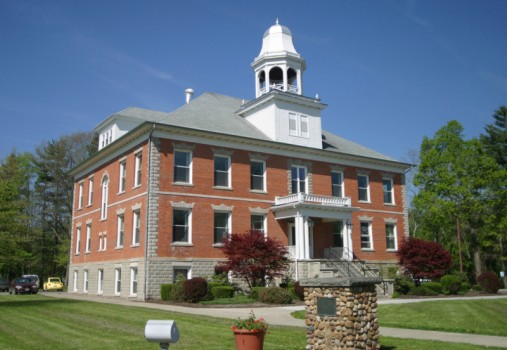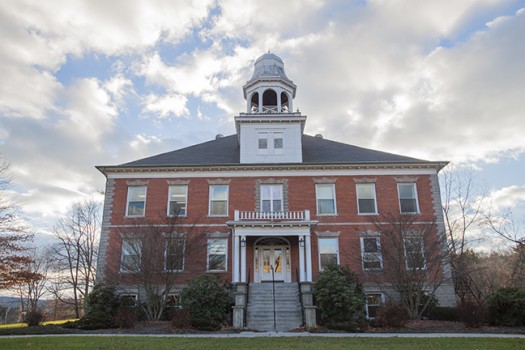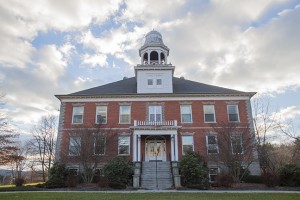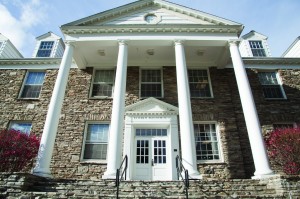Houghton College’s mission statement states that Houghton College seeks to prepare students for the changing world of the twenty-first century. The Director of Admission, Ryan Spear said, “In order to do this we need to ensure that our existing programs go through a careful review process and any new programs are considered thoughtfully.” In just this past year Houghton College has added Data Science, Music Industry, and Sport, Recreation and Wellness Management as majors. In May, Justin Bullard walked at graduation as Houghton College’s first student to earn their degree in Inclusive Adolescent Education, which was recently added as well. Engineering will be another major added in the next few years. . Jack Connell, Dean of the College and Vice President of Academic Affairs, stated that Houghton College is currently waiting to hear back from New York State regarding the approval of Engineering. This will determine whether the program will be offered in the Fall of 2017, or in the Fall of 2018.
Spear sees these new majors as an opportunity to attract more students and provide desired programs Spear stated, “It is important that Houghton College as an institution walks the fine line between offering programs in line with the needs of the world and the demands of the student without risking chasing after ’fad’ programs, like forensic science or video-game design. There is nothing wrong with those programs, but often these programs often can be little more than gimmicks to attract students and lack necessary substance.” He referred to the “Houghton way” of offering new programs to consist of finding the best way to offer new programs that fit with the school’s mission of being a rigorously academic, Christian liberal-arts college and will sustain demand in the foreseeable future.
In their first official year of approval, Houghton saw six students enroll in the data science program; three in sport, recreation and wellness management, and 11 in the music industry program. In fact, the 11 students to enroll this year in music industry made this first year program the largest of the music programs being sought after by incoming students. And despite engineering still in the process of being approved, Houghton saw 12 students enroll this year with an interest in physics and possibly engineering. This is the highest number in the past few years. Inclusive adolescent education is a little farther along in the process. Professor of education, Sunshine Sullivan, said “There have been many prospective students that I have spoken to that have responded positively in having inclusive adolescent education as an option here at Houghton.”
Nic Loew ’18 will be one of the first students with the opportunity to graduate with a data science degree. He said, “Data is so much of life in today’s society. No matter one’s major or interest, whether Business, Biology, Athletics, Music, etc., there is a need to understand how to use and interpret data in the most productive way.”
As Houghton College looks to grow with the changing world,the addition of these new majors will prove to be a tenable strategy to attract more students as well as providing students with the necessary knowledge and experience to “lead and labor as scholar-servants in a changing world,” as Houghton College’s mission statement states.




